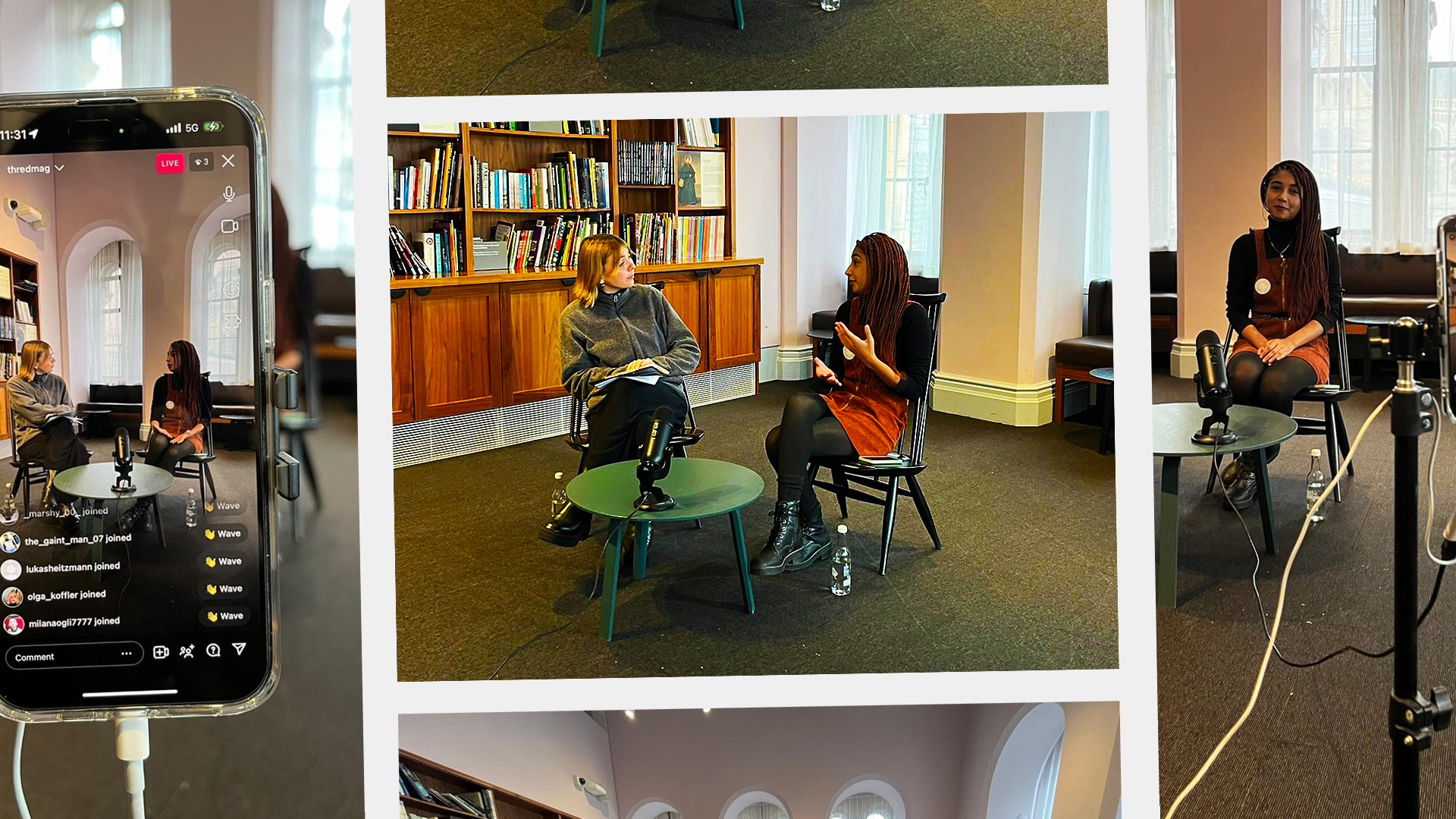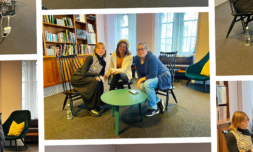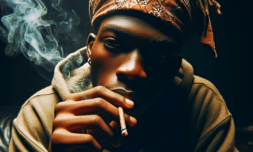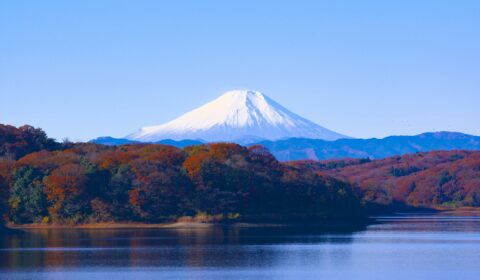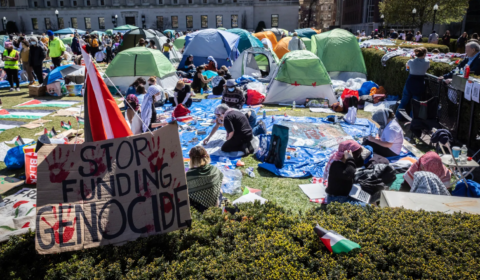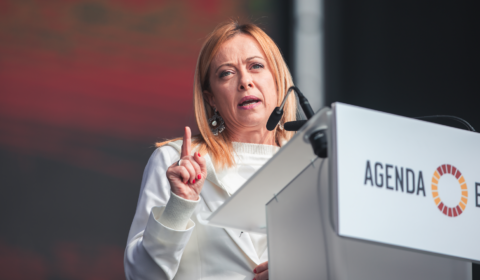We went to the Natural History Museum’s Generation Hope: Act for the Planet event to highlight the Brazilian activist’s insights on the climate crisis and how we can drive positive change for the Earth’s future.
Climate justice activist Larissa Pinto Moraes is the Executive Director of Engajamundo, a Brazilian youth-led organisation dedicated to fostering awareness among young Brazilians about their socio-environmental impact and encouraging them to take part in their community and engage in local, national and international decision-making processes to bring about change at scale.
View this post on Instagram
Thred: When did you decide to dedicate your time to safeguarding the future of our planet? What made you want to take it to a global height, from project to mission to life’s work?
Larissa: In 2018, I left college with the desire to make a difference. So I began volunteering with an organisation focused on gender-related issues. After seeing a lot of injustice, I soon realised that there was more to be addressed. So I started my work with Engajamundo.
This highlighted to me the importance of showing young people that they have the power to bring about change, that they are a key part of the solution to the social and environmental challenges of Brazil and the world.
Thred: What are the biggest issues in your country right now? How can we fix them?
Larissa: Brazil is huge. All over the country are different issues that urgently need addressing. The most pressing one is inequality. If we tackle that and then link it to the destruction of the Amazon rainforest, the mistreatment of Indigenous Peoples, and the climate crisis, we can move forward.
An intersectional approach is essential. The climate crisis is deeply rooted in inequality.
Thred: Your passion evidently lies in encouraging the world’s younger generations to step up, rather than shut down, against any matters they are passionate about. Why is this so important?
Larissa: We all have something to contribute. If we encourage young people from different backgrounds to speak up and take action, we will be able to address all the issues at hand.
Thred: Too often, young people are excluded from decision making spaces. How can we ensure there is greater youth involvement in the conversations aiming to instigate change?
Larissa: We have to take up space and stop allowing ourselves to be patronised.
We deserve a seat at the table and a role in the decision-making process. The way to secure that is to keep improving communication.
This is why at Engajamundo we work with both activists and people in power.
Thred: Could you expand on Engajamundo’s current focus?
Larissa: Brazilians – especially those involved in the climate movement – are preparing to host COP30 next year. Right now, we’re focused on gathering youth from around the country for this, as well as forming an alliance with the rest of Latin America. Brazil’s also the president the G20 summit this year. So we’re looking at how we can influence the discussions at that event. And, more locally, we’re highlighting to young people how city elections present us with a great opportunity to talk about adaptation policies and what small communities can to drive the conversation forward.
Thred: What was your takeaway from COP28?
Larissa: The conference is where people from all around the world can gather, exchange ideas, combine interests, and plan together. It’s marvellous that civil society is able to occupy this space. The negotiations are still largely being occupied by big tech and the fossil fuel industry, however. We did the best we could under the circumstances, but until this changes, we won’t achieve justice.
Thred: The science is clear – we need urgent and effective action to reduce the growing threats against biodiversity and the health of current and future generations. However, many industries (primarily coal, oil, and gas) spend time and money trying to cast doubt on research examining the climate crisis. How can we educate ourselves on environmental disinformation used to mislead the public and address this problem to stop it from delaying progress any more than it already has?









